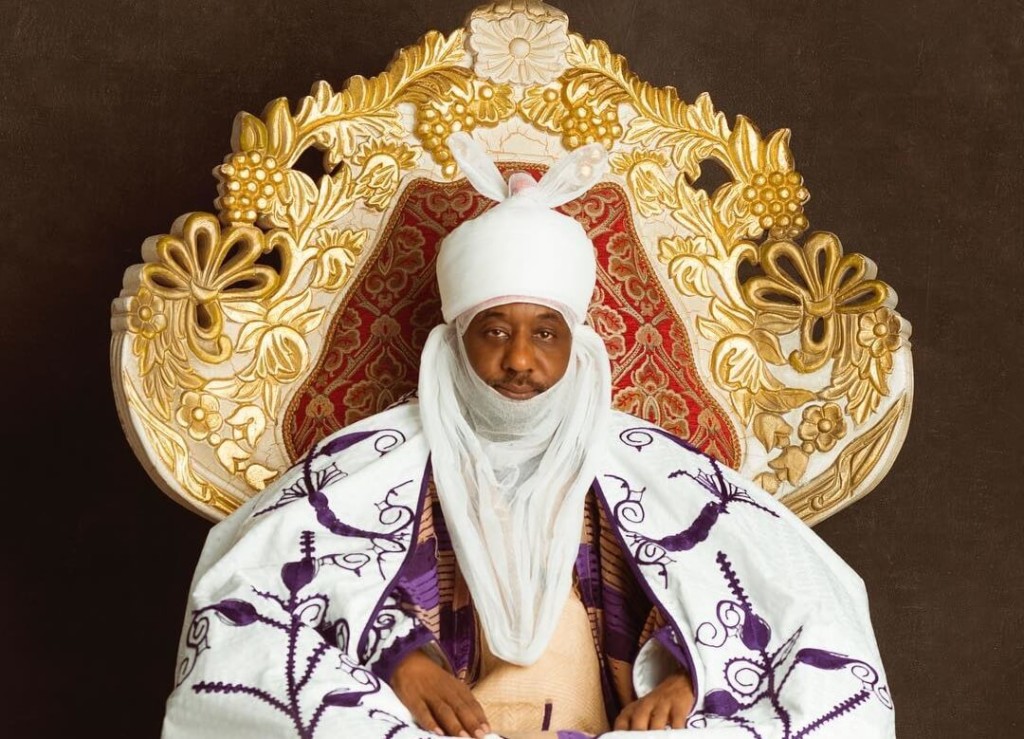In Kano, northern Nigeria, the emir’s power is ancient, but no longer absolute. When Sanusi Lamido Sanusi inherited the 700-year old throne in 2014, many observers wondered if this urbane economist, risk manager, and Islamic scholar would find grist for his intellect in ceremonial horse riding, stately processions, and sartorial pomp. As emir, traditional ruler, he is the scion of a male-dominated, largely conservative Muslim society. Would courtly discretion lead him to edit his public candour, or would he stamp the monarchy with his socially-engaged, contrarian style?
From early on, the emir was engaged in hopeful, trickle-down diplomacy with local leaders in Kano to raise the legal age when young girls can be married off. Then, speaking at an investment forum in April 2017, Sanusi reverted to form. His lecture detailed how northern Nigeria had far higher rates of poverty, illiteracy, and economic stagnation than the rest of the country. The crisis was not the result of a conspiracy by external bogeymen, but had its roots in corrupt, complacent governance, and in the traditional, religiously-inspired culture of the north.
Advertisement
Sanusi was essentially bringing his risk manager’s cold-eyed rigour to the analysis of culture and governance, with the religious establishment and the political class standing in for senior management The argument, made in blunt force grammar, was that certain practices and attitudes could be culturally compelling and politically expedient but were economically unsustainable. As governor of the Nigerian Central Bank, Sanusi had effectively, controversially, connected reformist ideas to executive muscle. As emir, however, he embodies the endurance of tradition, and is not expected to be an articulate disrupter, with feminist sympathies to boot. Sanusi was stoking no less than a bonfire of northern cultural verities.
By chiding the faithful for building more mosques than schools, Sanusi was emphasising how an eclectic modern education provides more skills for innovation and upward mobility, and outweighs in strategic terms a narrowly Islamic curriculum. Ingrained cultural aversion to family planning meant more children were being born, just as religious encouragement of polygamy meant more wives, for men who were of sound mind and body, but not necessarily sound of wallet. Risk appetite, and a strategy of political gamesmanship, had been behind the adoption of Islamic sharia law, which obscured the ethnically and religiously diverse nature of northern Nigeria. A lack of risk awareness about the inadequacy of sharia to deliver social justice had spawned the Boko Haram Islamist insurgency, which in turn broke the state’s monopoly of violence, and sought to supplant its weak democracy with a vicious theocracy. Identity politics had run amok.
Ironically, an emir or political leader with Sanusi’s cosmopolitan leanings would have been deeply unsuitable to British colonial governors and the Fulani Muslim emirs through whom they ruled. British policy in the north encouraged cultural insularity to preserve the emirs and their feudal idea of order from such enzymes of subversion as Christian missionaries and secular education. Northern political leaders, as well as the cultural climate, have been insidiously haunted by that past.
Sanusi’s lecture resonantly shattered the collegial tenor of conversation between the northern aristocracy and the political establishment. In May 2019, the Kano State governor, reciprocating the emir’s lack of deference, split the emirate into five, devolving Sanusi’s singular status. A probe of the Kano emirate finances was announced, and communicated to Sanusi in an official query. In 2017, one incensed newspaper columnist had insisted that the emir was too convinced of his own oracular wisdom, and pointed out that Sanusi’s social conscience made an odd fit with his Rolls -Royce. The former risk manager, he hinted, stood the real risk of being deposed. In Kano, the emir’s throne is ancient, but he serves at the pleasure of the governor.
Advertisement
-Oyongha is a writer and art dealer based in Lagos. [email protected]



